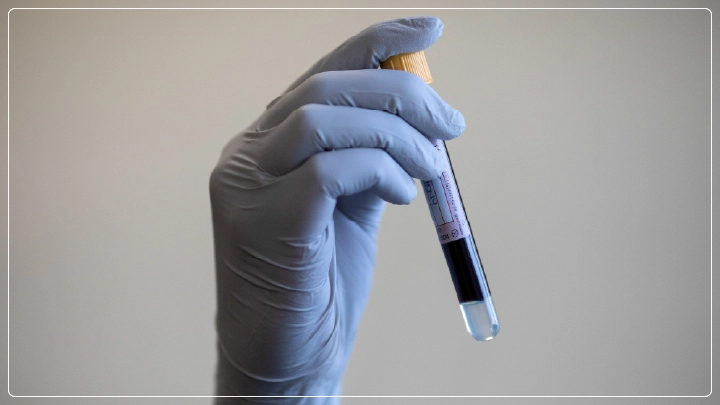University of St Andrews Revolutionizes Lung Cancer Diagnosis: Biomarker Testing Reduces Deaths by 40%
The School of Medicine at the University of St Andrews provided proof that detection of a potential biomarker can reduce lung cancer deaths by more than 40% in five years. Biomarkers can identify specific biological processes over some time in an organism that indicates a change in the body; they can also signal the presence of a disease before signs and symptoms appear. These non-invasive methods, commonly known as liquid biopsy, can be catalysts to completely change the ways of diagnosing cancer and searching out early detection strategies. Lung cancer is one of the most fatal types of cancer; 95% of patients are diagnosed in advanced stages, rendering treatment impossible and futile.

Understanding individuals at high risk by using a biomarker strategy allows practitioners to diagnose lung cancer early and provide early interventions. It was quite obvious that this simple lab test saved lives. The study published in PLoS ONE further emphasized that participant mortality rates from lung cancer dropped by 40% over 5 years! It is important to remember that the earlier the diagnosis of lung cancer, the better chances it has for a cure. It also stresses the efficiency of a targeted screening program by focusing resources on the high-risk cohort, thereby enhancing the nationwide screening effort against lung cancer. This research was led by Professor Frank Sullivan in collaboration with the NHS and universities in Dundee, Glasgow, Aberdeen, and Nottingham.
The Importance of Early Detection
Dr. Frank Sullivan, a primary care physician and professor at the University of St. Andrew's School of Medicine, stressed the need for early detection in lung cancer therapy. According to him, many innovations can be part of newer treatments if the cancer is caught early. Lung cancer treatment options have progressed tremendously in the last few years, for instance, targeted treatment, immunotherapy, and minimally invasive surgery to improve their chances of survival. Biomarker investigations are crucial for understanding the high-risk groups so patients may be diagnosed on the organ.
Lung cancer continues to be a major worldwide health issue with feature characteristics of approximately 2 million new cases per annum and 1.76 million deaths annually. Addressing this through biomarker-based testing could significantly alter the outcomes of lung tumors and subsequently reduce the number of premature deaths. Integration of lung cancer biomarker testing within screening programs maximizes the outcomes of such screening efforts at the least possible financial costs.
Real-World Impact: A New Era in Lung Cancer Care
Research at the University of St Andrews has revealed that lung cancer diagnosis and biomarker testing might be revolutionary. If lung cancers can be gleaned at a much earlier stage, treatment can be initiated when it yields the best effect and hence lessens the mortality rate. This prospective investigation examines how to provisionally elect a few individuals to include biomarker testing in the healthcare system; the programmatic screening can focus the test on people most deserving.
The findings of the present study can strategically open ways forward for exploring biomarker applications in the oncological sphere so that they can be harnessed to further reduce cancer deaths while at the same time increasing access to life-saving technology. This is not just a breakthrough for lung cancer care; it marks an international coup in the fight against one of the deadliest diseases on our planet. Global marketing also provides, in the next few years, a kind of plan to pioneer innovative public health strategies to reassess the use of biomarker testing as it forms part of cancer screening programs in different countries.